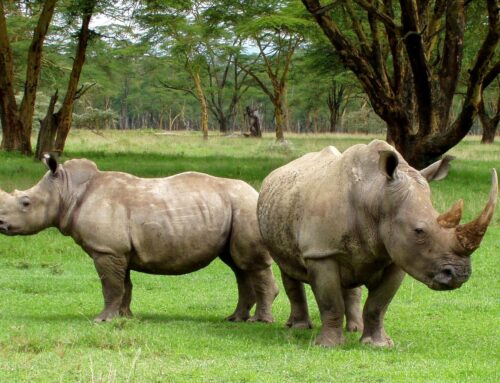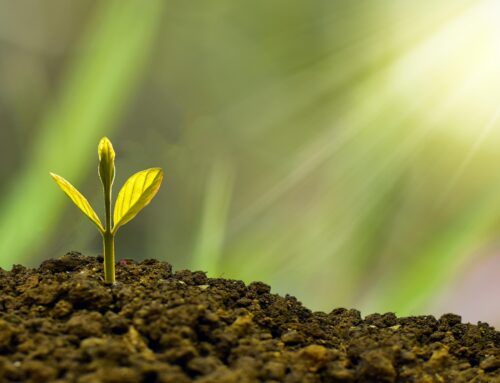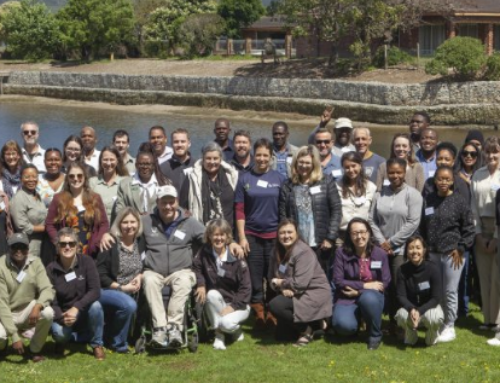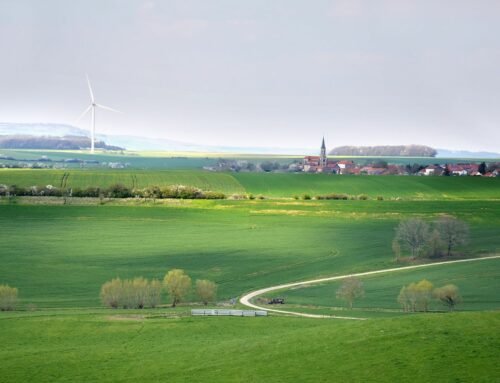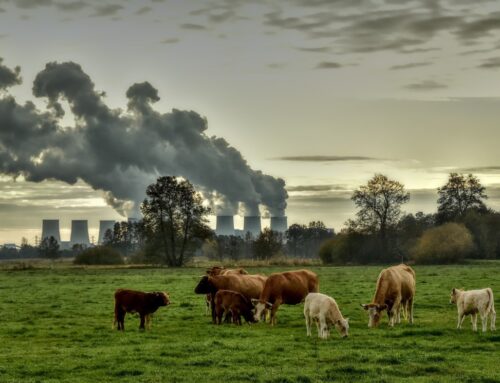Masters fellowship on quantifying Africa’s Biodiversity Intactness: 2020-2021
Deadline for applications: 25 November 2019
A key challenge of the 21st century is identifying sustainable development pathways for humanity that do not erode the ecological foundation on which human well-being depends. It is increasingly recognized that humans and ecosystems are linked in complex and dynamic ways, as intertwined elements of ‘social-ecological’ systems.
Africa is known for its iconic biodiversity on which people depend for essential services, such as food, water and clean air. The continent is also currently experiencing one the most rapid GDP growth rates of any region. The upcoming decade is therefore critical for African countries to navigate development in ways that do not surpass a boundary of biodiversity loss, beyond which human well-being is negatively affected. This requires a measure of what biodiversity remains, where, and how the loss of biodiversity influences human well-being across different ecosystems and land uses.
Dr Hayley Clements has received the Jennifer Ward Oppenheimer Research Grant to develop a research program aimed at quantifying a “Biodiversity Intactness Index” for Africa, through an Africa-wide collaboration of biodiversity experts. The research will further explore where and how biodiversity loss links to human well-being, promoting understanding of where investing in nature can deliver net benefits for people, and advancing global understanding of the biodiversity planetary boundary.
Call for applications
We seek a motivated individual to contribute to quantifying Africa’s Biodiversity Intactness and exploring linkages to human well-being. The ideal candidate will possess a keen interest in sustainability issues, conservation science and biodiversity indicators, and an interest in exploring linkages between biodiversity and human well-being. Successful candidates will be supervised by Dr Hayley Clements, with co-supervision from Prof Reinette (Oonsie) Biggs and Prof Karen Esler.
Funding
Masters full-time over 2 years: R 120,000 pa, plus registration fees and reasonable project running costs
This Masters bursary is available through the South African Research Chair (SARChI) in Social-Ecological Systems and Resilience, held by Prof Biggs. This chair aims to contribute to the emerging field of social-ecological resilience, specifically from a southern African perspective. The Chair is hosted by the NRF Flagship initiative on ‘Complex Systems in Transition’ (CST) at Stellenbosch University. The CST builds on a strong history of transdisciplinary research and hosts leading scientists and students from diverse disciplinary backgrounds, providing a vibrant hub for solution-oriented sustainability science.
Requirements – Minimum
- A BSc Honours degree in ecology, conservation biology or a related discipline, with an average mark > 65%
- Evidence of strong scholarly performance
- Demonstrated competence in quantitative statistical analyses
- A student that can work independently, is well organized and who will be willing to participate in the regular activities of the CST
Requirements – Desirable
- Competence in ArcGIS and experience working with large spatial datasets
- Experience using the R programming language
- Experience in modelling (e.g. GLMMs)
- Experience undertaking interviews or running workshops (the student will be expected to undertake skype interviews with biodiversity experts to elicit biodiversity impact estimates, as well as to participate in an expert workshop)
- Applications are particularly invited from South African nationals, especially women and candidates from previously disadvantaged groups
To apply
Interested candidates should send:
- a motivation letter detailing your skills, experience and areas of interest, and how they are relevant to this project
- a detailed CV that includes your academic record, previous work experience, any scientific publications on which you have been an author, and the names of at least two academic referees
- transcripts of academic qualifications and marks
- at least one example of recent written work (e.g. a paper, report, thesis chapter)
Applicants that meet the above-listed requirements are invited to submit their applications electronically to hayleyclements@sun.ac.za with a subject line “BII Masters application 2019”.
We encourage you to submit your application as soon as possible, but latest by 25 November 2019.
The successful candidate will be expected to register for an MSc degree in Conservation Ecology in early 2020.
CST and Stellenbosch University reserve the right to not fill the position if there are no suitable candidates.



